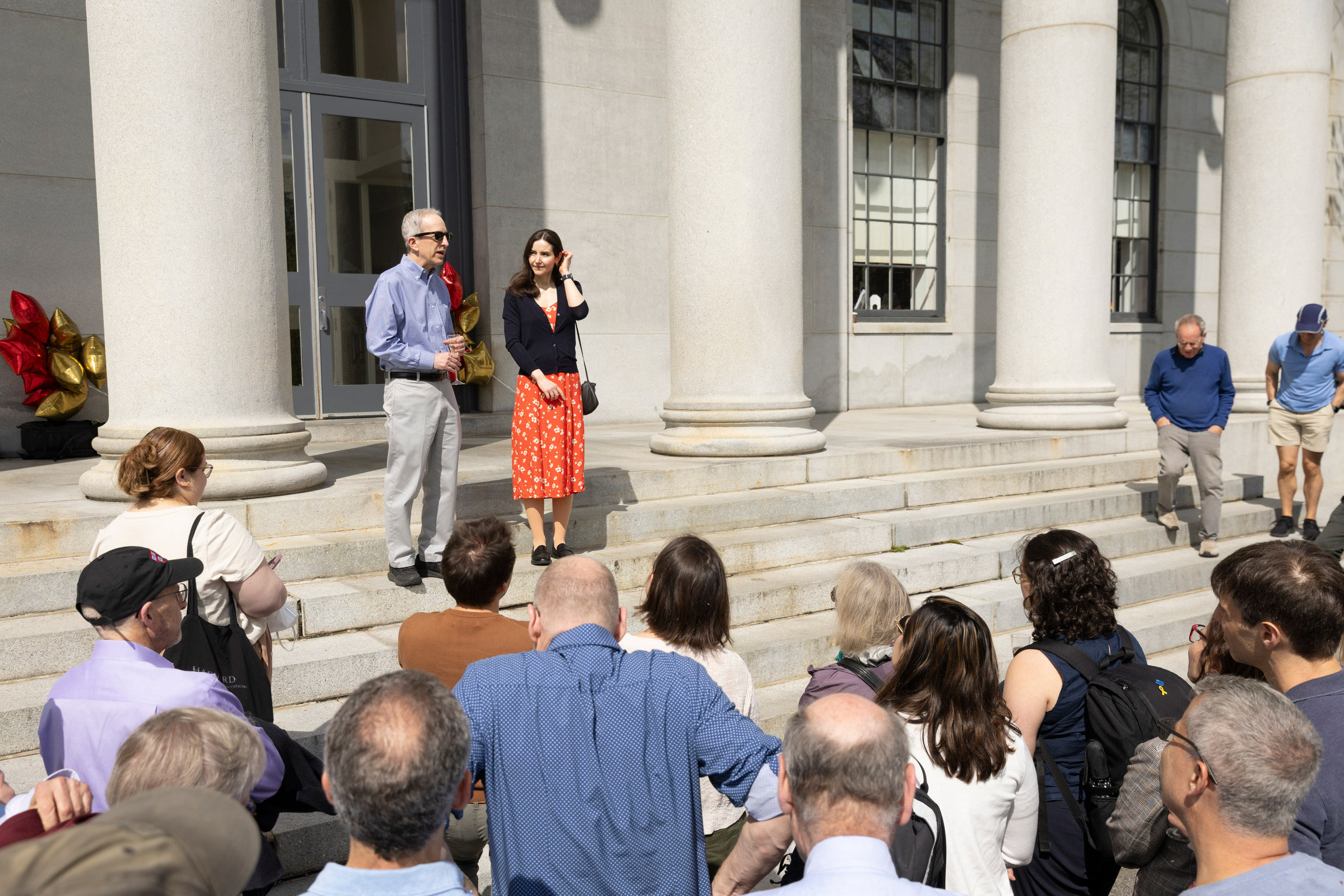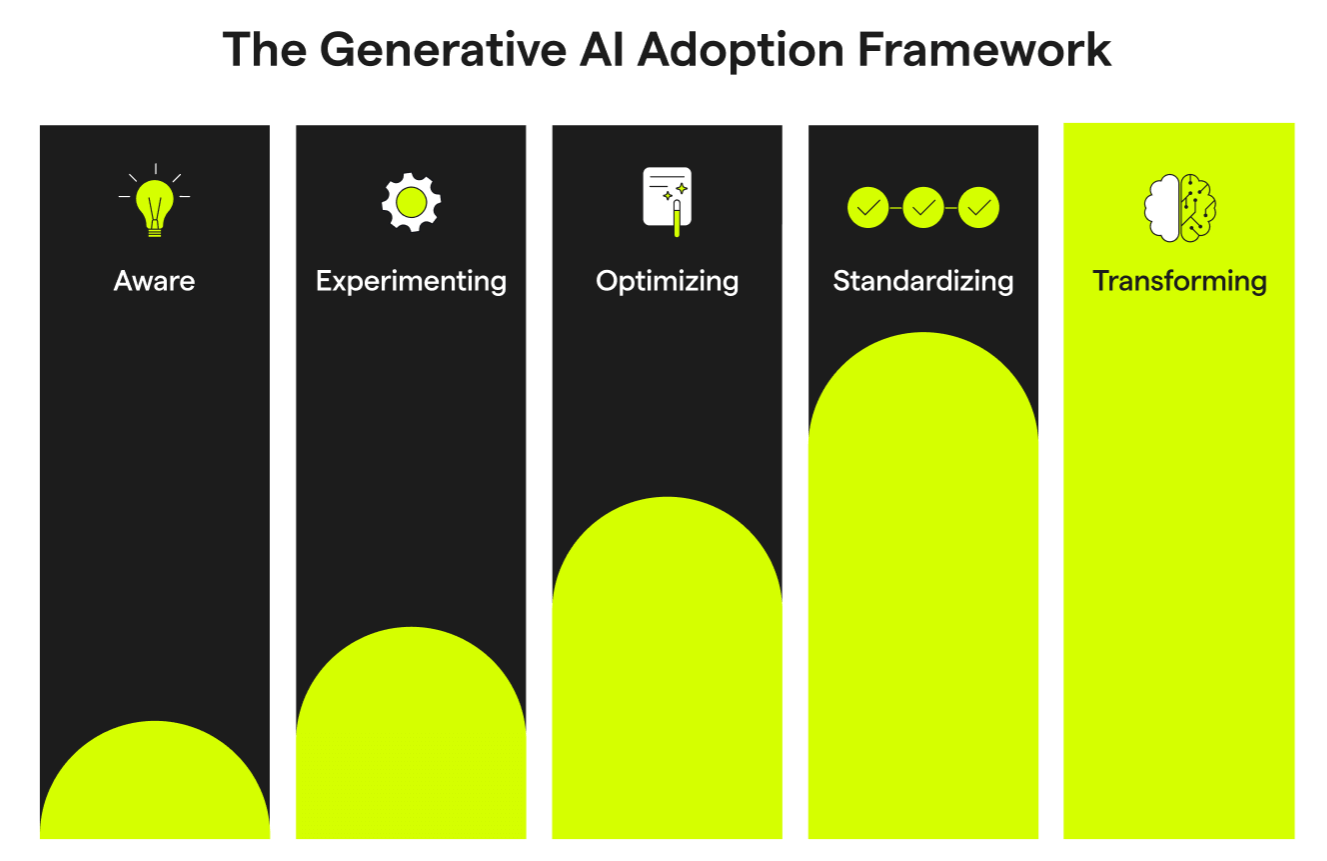Stefanie Stantcheva, the Nathaniel Ropes Professor of Political Economy at Harvard, has recently been awarded the prestigious John Bates Clark Medal, an honor that celebrates the contributions of economists under 40. A leading figure in the realm of tax policy innovation, Stantcheva’s work delves into the intricate relationships between public finance and economic behavior. Her groundbreaking research provides new insights into how tax systems influence innovation, making her a vital voice in the discourse on economic policy. During a recent celebration at Harvard, Stantcheva expressed her gratitude, highlighting the crucial role that well-designed tax policies can play in fostering economic activity. This award not only acknowledges her accomplishments but also underscores her importance in shaping contemporary economic thought.
The recent recognition of Stefanie Stantcheva shines a spotlight on her influential role within the economics community, particularly in the realm of fiscal policies and their implications on society. This award, known as the John Bates Clark Medal, specifically honors emerging economists who demonstrate excellence and innovation in their research, making Stantcheva’s achievements particularly noteworthy. Her explorations into tax systems and their ability to propel or hinder innovation contribute significantly to the dialogue about public finance and the broader economic landscape. Moreover, her efforts to tackle pressing issues like trade, immigration, and climate change through her Social Economics Lab highlight a commitment to bridging economic theory with real-world applications. Stantcheva’s ongoing work is set to continue shaping our understanding of economic behaviors and policies.
Stefanie Stantcheva: A Trailblazer in Public Finance and Tax Policy
Stefanie Stantcheva, a distinguished economist at Harvard University, has recently garnered significant recognition for her pioneering contributions to the field of public finance and tax policy. Awarded the prestigious John Bates Clark Medal for 2025, Stantcheva’s research has revolutionized our understanding of how tax systems influence economic behavior. Her work elucidates complex interactions between taxation and innovation, demonstrating that thoughtful tax policy design is essential to stimulate economic growth and foster innovation.
Stantcheva’s insights on the elasticity of innovation in response to tax changes are particularly noteworthy. In her influential study “Taxation and Innovation in the 20th Century,” she reveals that higher taxes can dampen the quantity of innovations produced, although the quality of inventions remains intact. This finding underscores the importance of carefully crafted tax policies, which have the potential both to incentivize and to stifle economic progress.
The Significance of the John Bates Clark Medal in Economics
The John Bates Clark Medal is one of the most prestigious awards in the field of economics, recognizing the outstanding contributions of economists under 40 years of age. Established in 1947, this esteemed accolade not only highlights individual achievements but also reflects advancements in economic thought. By awarding the medal to notable economists like Stefanie Stantcheva, the American Economic Association emphasizes the importance of fresh perspectives in tackling contemporary economic issues.
For many, receiving the John Bates Clark Medal marks a pivotal moment in an economist’s career, enhancing their visibility and influence within the academic community and beyond. The recognition stimulates further research and innovation, encouraging recipients to continue exploring crucial areas, such as public finance and tax policy, that impact global economies.
Innovative Tax Policies and Economic Behavior Research
Tax policy plays a crucial role in shaping economic behavior, providing a framework within which individuals and businesses operate. Stefanie Stantcheva’s work sheds light on the underlying mechanisms at play. By investigating how different tax structures affect innovative output, her research informs policymakers about the delicate balance between tax rates and economic growth. For instance, her findings suggest that reducing tax burdens may stimulate innovation, leading to greater economic dynamism and prosperity.
Moreover, integrating behavioral economics into tax policy discussions can yield insights into how emotions and perceptions influence taxpayer behavior. Stantcheva’s ongoing work at the Social Economics Lab delves into these areas, exploring how factors such as social mobility and individual mindsets intersect with economic policies. This multidisciplinary approach can uncover new avenues for improving tax systems and consequently enhancing overall economic stability.
The Role of Social Economics in Modern Economic Research
Social economics represents an increasingly vital facet of economic research, particularly in understanding how social factors intersect with economic policies. Stefanie Stantcheva’s establishment of the Social Economics Lab signifies a commitment to exploring these complex interactions. By focusing on topics like trade, immigration, and climate change alongside traditional economic issues, her research aims to provide a more holistic view of economic behavior.
In today’s interconnected world, addressing social considerations in economic policy is more crucial than ever. Stantcheva’s incorporation of emotional factors into economic analysis can offer significant insights that traditional models may overlook. This innovative approach has the potential to influence significant areas of public finance and taxation, ultimately leading to more effective and equitable policies.
Exploring Taxation and Innovation: Key Research Findings
One of the central themes of Stefanie Stantcheva’s research is the relationship between taxation and innovation. Her key findings, particularly from the paper “Taxation and Innovation in the 20th Century,” indicate that tax changes significantly impact innovative behavior in various sectors. The elasticity of innovation in response to tax policy highlights the critical nature of tax regulations in fostering an environment conducive to growth and technological advancement.
These insights are particularly relevant in the context of today’s rapidly evolving economic landscape. As countries strive to enhance their competitive edge, understanding how tax policies influence innovation will become increasingly important for both policymakers and economists. Stantcheva’s work not only contributes to academic discourse but also provides real-world implications for designing tax systems that promote sustainable economic growth.
Harvard’s Economics Department: A Hub for Innovative Research
Harvard University’s Economics Department has long been recognized as a leading hub for innovative research, with scholars like Stefanie Stantcheva contributing significantly to its reputation. The department’s focus on current economic challenges and its commitment to rigorous research are evident in the accolades received by its faculty members. The award of the John Bates Clark Medal to Stantcheva exemplifies the caliber of economists that Harvard attracts and nurtures, further solidifying its standing in the academic world.
The collaborative environment within the department fosters a culture of inquiry that encourages researchers to explore pivotal issues in economics. By engaging in interdisciplinary research that includes aspects of public finance, behavioral economics, and taxation, Harvard’s economists are well-equipped to tackle the complex economic challenges that societies face today.
Future Directions for Economic Research and Policy
Looking ahead, the future of economic research and policy will be profoundly influenced by insights from leaders in the field, such as Stefanie Stantcheva. As she pioneers new areas of investigation, particularly regarding the interplay between emotions and economic decision-making, there lies potential for transformative changes in how policymakers address pressing economic issues. The exploration of social factors, combined with rigorous economic analysis, promises a more nuanced understanding of policy impacts.
Additionally, as globalization continues to reshape economies, the need for innovative tax policies that account for international dynamics becomes essential. The insights generated by researchers like Stantcheva will be crucial in guiding effective public finance strategies that not only respond to technological advancements but also promote fairness and equity among various economic stakeholders.
Celebrating Stantcheva’s Contributions to Economic Thought
The recognition of Stefanie Stantcheva with the John Bates Clark Medal celebrates her significant contributions to economic thought, particularly regarding tax policy and innovation. This award not only acknowledges her past achievements but also highlights the importance of her future work in shaping the landscape of economics. As she continues to explore key areas such as public finance and economic behavior, her influence is expected to grow.
By promoting a deeper understanding of the interactions between tax systems, innovation, and economic outcomes, Stantcheva’s research sets a benchmark for future economists. Her collaborative spirit and commitment to addressing critical socioeconomic issues serve as an inspiration to both her peers and aspiring economists, reinforcing the notion that economic research must evolve to meet the demands of a rapidly changing world.
Innovations in Public Policy through Economic Research
Stefanie Stantcheva’s groundbreaking research highlights the importance of innovative public policies that are informed by robust economic research. As she delves into how tax incentives can spur innovation, her findings underscore the necessity for policymakers to base decisions on empirical data and comprehensive studies. The evolution of taxation frameworks will ultimately hinge on understanding the nuanced relationships between fiscal policies and economic behavior.
Embracing innovative methods in economic research enables a better alignment of tax systems with the goals of fostering innovation and economic growth. Stantcheva’s contributions not only illuminate these critical interactions but also encourage an ongoing dialogue between economists and policymakers, ensuring that economic research actively informs public policy discussions in meaningful ways.
Frequently Asked Questions
What impact did Stefanie Stantcheva have on tax policy innovation?
Stefanie Stantcheva has significantly influenced tax policy innovation through her groundbreaking research on the relationship between taxation and economic behavior. Her findings indicate that tax policy design can either promote innovation or hinder economic activity, demonstrating the powerful role of the tax system in shaping economic outcomes.
Why did Stefanie Stantcheva win the John Bates Clark Medal?
Stefanie Stantcheva was awarded the 2025 John Bates Clark Medal for her exceptional contributions to economics, particularly in public finance and tax policy. The medal recognizes her pioneering insights into how tax policies can impact innovation and economic behavior, making her a leading economist under the age of 40.
What are some key findings from Stantcheva’s research on economic behavior?
In her research, including the influential paper “Taxation and Innovation in the 20th Century,” Stantcheva found that innovation is highly responsive to changes in tax policy. Specifically, her work indicates that while higher taxes can reduce the quantity of innovation, they do not necessarily impair the quality of inventions, showcasing the complexities of economic behavior in response to taxation.
How has Stefanie Stantcheva contributed to public finance?
Stefanie Stantcheva has made significant contributions to public finance by exploring how tax policies affect economic behavior and innovation. Her work emphasizes the need for well-designed tax systems that can stimulate economic activity, thereby enhancing our understanding of effective public finance practices.
What initiatives has Stefanie Stantcheva started in the field of economics?
Stefanie Stantcheva founded the Social Economics Lab in 2018, which focuses on understanding economic issues and policies through innovative research. The lab tackles various topics including trade, immigration, climate change, and social mobility, reflecting her commitment to addressing contemporary economic challenges.
How does Stantcheva’s research address the relationship between emotions and economic policy?
In her ongoing research at the Social Economics Lab, Stefanie Stantcheva investigates the interplay between human emotions and economic policies. This innovative approach seeks to understand how psychological factors, such as zero-sum thinking, can impact public perceptions and responses to economic policies.
What recognition has Stefanie Stantcheva received in her academic career?
Stefanie Stantcheva has been widely recognized for her contributions to economics, most notably receiving the John Bates Clark Medal in 2025. This prestigious award acknowledges her innovative insights into tax policy and economic behavior, marking her as a leading figure among economists under 40.
What is the significance of the John Bates Clark Medal in economics?
The John Bates Clark Medal is a highly prestigious award presented by the American Economic Association to an exceptional economist under the age of 40. It recognizes significant contributions to the field, and winning this medal places economists like Stefanie Stantcheva among the leading voices in economics, particularly in areas such as public finance and tax policy.
| Key Point | Details |
|---|---|
| Award Recognition | Stefanie Stantcheva awarded the John Bates Clark Medal in 2025 for her contributions to economics. |
| Research Focus | Her work investigates tax policy, innovation, and behavior in public finance. |
| Impact of Tax Policy | Tax systems can significantly influence innovation and economic activity. |
| Recent Publication | Co-authored a paper in 2022 about the relationship between taxation and innovation. |
| Social Economics Lab | Founded in 2018 to explore public economic issues and policies, including emotions and policy. |
Summary
Stefanie Stantcheva stands out in the field of economics as a visionary leader, recently honored with the prestigious John Bates Clark Medal. Her groundbreaking work on tax policy and its ramifications on innovation has made significant ripples in economic discourse. Through the Social Economics Lab, she continues to pioneer research that sheds light on the intersection of economics and human behavior. As her academic journey progresses, Stantcheva remains committed to uncovering new insights that can drive both policy and economic understanding.



